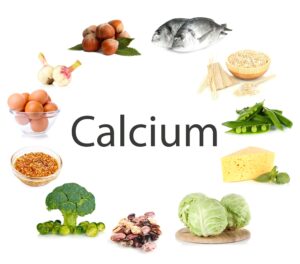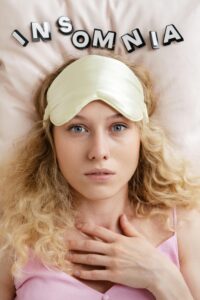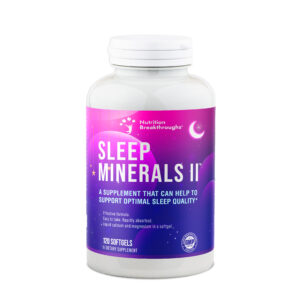 Who would’ve known that the red coloring matter in tomatoes is one of the most powerful natural medicines in existence?
Who would’ve known that the red coloring matter in tomatoes is one of the most powerful natural medicines in existence?
The red color comes from a healthy plant chemical called lycopene. Lycopene is what makes the tomato a super-food — one that goes far beyond just providing something tasty to eat. Lycopene has been shown in studies from the Journal of Nutrition to help protect against heart disease, lower cholesterol, and reduce inflammation for a stronger immune system.
Interestingly, a new study has shown that the same traits of tomato juice that can cause these internal health improvements can also enhance one’s appearance by inducing a lower body weight and a thinner waistline.
There are unlimited health benefits from eating all kinds of vegetables and fruits including preventing diabetes, lowering the risk of all types of cancers, strengthening the heart, balancing hormones, smoothing the skin and increasing energy. They are nature’s finest natural remedies.
Lycopene gives the red color to watermelons, pink grapefruits and tomatoes. Spinach, corn and avocado contain the yellow and green shades supplied by lutein which supports good eye health. Grapes and blueberries contain the blue and purple pigments known to benefit everything from memory to arthritis.
The new study on tomato juice comes from the China Medical University in Taiwan. Researchers found that a daily glass of tomato juice taken by women for two months resulted in significantly decreased body fat and body weight, as well as a smaller waist circumference and lower cholesterol. The subjects continued with their normal diet and exercise and made no changes other than drinking one nine ounce glass of tomato juice each day.
The women were divided into two groups: Those that had a reduction in body fat from the tomato juice and those that didn’t. One point that was highlighted by the study is that regardless of whether there was a loss of body fat, the tomato juice still induced a reduction in waist circumference, lowered cholesterol levels, reduced inflammation, and increased lycopene levels in each person. Adding a simple glass of tomato juice daily can do wonders for one’s health.
Calcium is another natural substance that surprisingly has been studied for its beneficial effects on weight loss. This famous mineral is best known providing a calmer, deeper sleep and for strengthening bones and muscles.
According to a study in the Journal of Nutrition called Calcium Intake and Reduction in Weight or Fat Mass, the researchers say: “The impact of calcium intake on weight loss or prevention of weight gain has been demonstrated in a wide age range of Caucasian and African-Americans of both genders…. The implications of these results are that calcium may play a substantial contributing role in reducing the incidence of obesity.”
One calcium-based supplement shown to be effective for insomnia is Sleep Minerals II from Nutrition Breakthroughs. This formula contains highly absorbable forms of calcium and magnesium, the best minerals for sleeplessness and insomnia, menopause insomnia, teenage insomnia, heart health, restless legs syndrome and bone strength.
Wendy R. of Honolulu, Hawaii says: “My friends know that I’ve had chronic insomnia for a long time. Surprisingly, I received the Sleep Minerals II and began taking it and found out this thing really works. In the past if I ever got a good nights sleep I’d say ‘I slept like a baby’, but that’s the wrong comparison. Those little guys get up every two hours. I am actually beginning to sleep like an adult — a much-rested adult.”
This health news is provided by Nutrition Breakthroughs. Since 2001 Nutrition Breakthroughs has provided natural health articles and effective natural remedies. Their mission is to provide nutritional supplements that get results and help people to avoid drugs and their side effects.
For more information on Sleep Minerals II visit this page.











